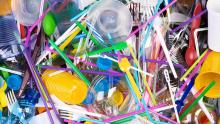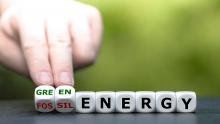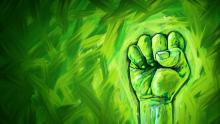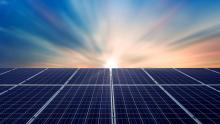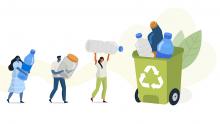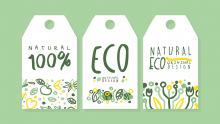Extracting value from waste to deliver high-end products
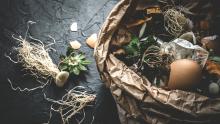
All too often, waste ends up in landfill or is incinerated. The EU-funded DAFIA project sought to address this by exploring ways of converting waste into ingredients to make high-end products. Recovering valuable compounds from waste streams is helping the EU transition away from fossil fuels, benefitting industry, the environment and citizens.

